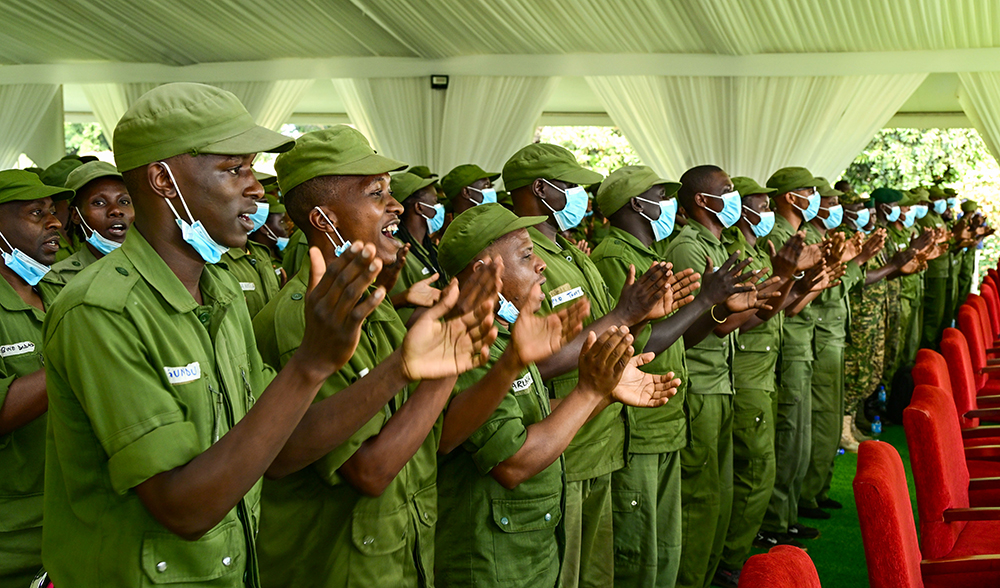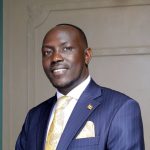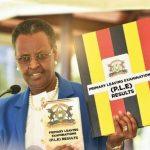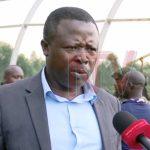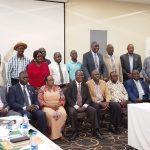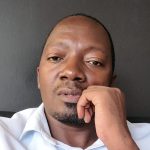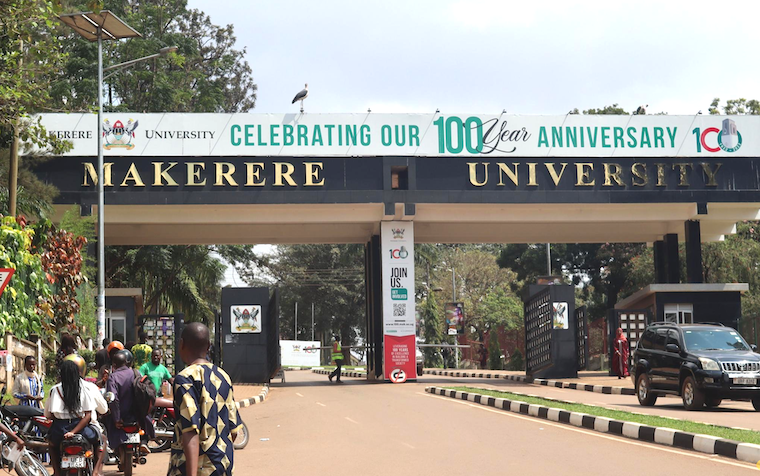Broke Government Tells Medical Interns to Get Sponsors
President Yoweri Kaguta Museveni has announced that the Ugandan government simply doesn’t have the funds to sponsor medical interns. His latest idea? The same sponsors who have been footing the medical students’ bills should continue to support them through their internships. After all, if they managed to pay for five years of medical school, what’s a few more months?
Speaking to a group of 210 freshly minted medical doctors, who had just completed a rigorous 10 day patriotism and ideological training at the National Leadership Institute (NALI) in Kyankwanzi, Museveni outlined his thoughts on the matter during a lecture at State House Entebbe.
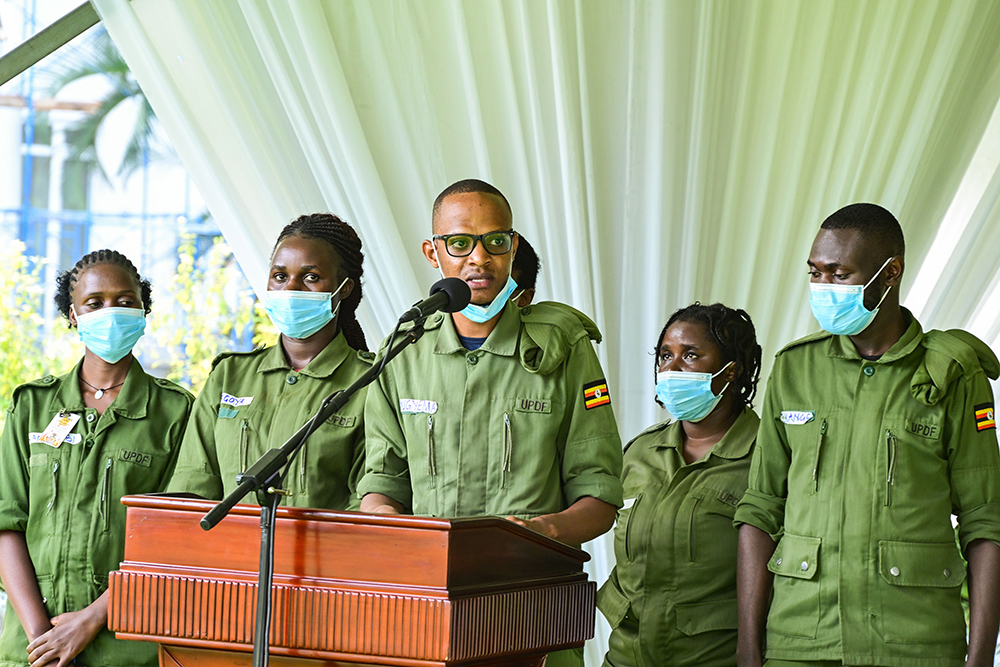
“Who Should Pay?” – The Great Debate
In his classic matter of fact tone, Museveni posed a rhetorical question that many Ugandans are familiar with: “Who should pay for the internship?” He swiftly provided an answer that no doubt left the audience scratching their heads. “Some people say the government must pay, but I think that’s risky,” he explained, citing the government’s pressing need to fund other priorities like roads and security. The government, he said, simply doesn’t have enough money. The subtext was clear: if you want to be a doctor, perhaps you should consider how to sponsor yourself. Or, better yet, ask the person who paid for your studies to continue their generosity.
This proposal comes at a time when many medical interns are stuck in limbo, waiting for the government to release funds so they can begin their internships. It’s a situation that has left them feeling like they’re waiting for rain in a desert—hoping, praying, but seeing no signs of relief.
The Funding Dilemma
| Current Situation | Museveni’s Proposal |
|---|---|
| Government funds internships | Sponsors (parents, loan schemes) should continue paying |
| Delays in government disbursements | Immediate continuation of support from existing sponsors |
“Why don’t we agree that a person who has been sponsored through medical school should continue with that sponsorship during the internship?” Museveni proposed, with the air of a teacher instructing students on the basics of mathematics. “If someone was sponsoring you for five years, why do they stop now? What’s the problem?” He didn’t mention what happens if the sponsor is tapped out or if the student was relying on government loans. It was as though the financial struggles of ordinary Ugandans were as foreign to him as snow in Kampala.
A History Lesson on the Side
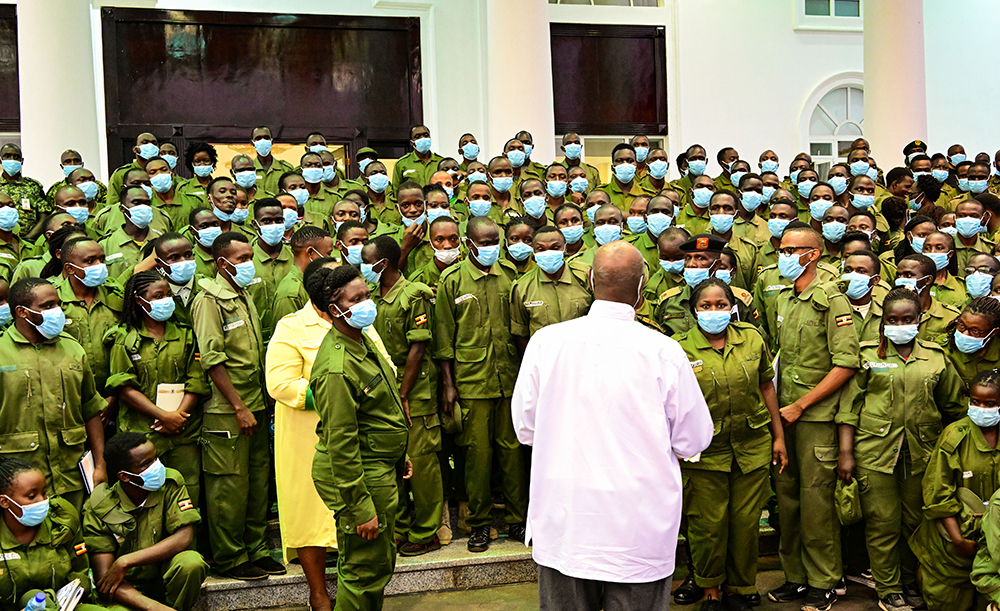
Of course, no Museveni speech would be complete without a history lesson. The President took the opportunity to remind the young doctors that the National Resistance Movement (NRM) wasn’t always the powerhouse it is today. Back in the 1960s, it started as a small student movement that couldn’t agree with the “identity politics” of the old parties like UPC, DP, and Kabaka Yekka.
Museveni, ever the orator, drew an analogy between politics and medicine, comparing the diagnosis of a patient to the diagnosis of a nation’s needs. Just as a doctor must correctly diagnose an illness before prescribing treatment, politicians must diagnose the needs of the people. In the 1960s, Museveni said, the old parties misdiagnosed Uganda’s problems, focusing on tribal and religious identities rather than what Ugandans truly lacked: prosperity and security.
The Recipe for Prosperity
Speaking of prosperity, Museveni reminded the audience that it’s not something that comes by accident. It’s a result of producing goods and services, selling them, and reinvesting the profits—something that sounds simple enough in theory but is a bit more complicated in practice, especially when the marketplace is more of a mirage than a reality for many Ugandans.
Museveni’s theory is that Uganda’s prosperity lies in Pan-Africanism—selling surplus goods to neighboring countries. He pointed out that Uganda’s internal market isn’t enough to absorb all the goods the country produces, so expanding the market to Kenya, Tanzania, Rwanda, and Burundi is essential. It’s a vision that, like much of what Museveni says, is grand in scope but leaves many wondering how it will be implemented.
The Interns’ Role in National Development
The President didn’t stop there. He urged the young doctors to join the Uganda People’s Defence Forces (UPDF) or the police, describing these options as “music to his ears.” Apparently, Museveni envisions a future where doctors don’t just treat patients but also serve as soldiers, defending the nation from its enemies—whoever they might be.
He also promised to support qualified doctors who want to start private health facilities, recognizing that not all can be absorbed into the government’s health system. It’s a promise that, like many others, may or may not materialize, depending on whether the funds can be found.
Patriotism and Transformation
Museveni praised the interns for their “thirst for knowledge” and commended the Patriotism Secretariat for organizing the training. Minister for the Presidency, Hon. Babirye Milly Babalanda, also weighed in, expressing her gratitude to the President for prioritizing the training program. She emphasized that patriotism is one of the NRM’s core principles, and if the interns understood that, they would easily grasp the others—though she didn’t specify what those other principles were.
Brig. Gen. Charles Kisembo, the Director of NALI, added his voice to the chorus of praise, noting that the interns had shown “commitment, resilience, and patriotism” during their training. He expressed confidence that the ideas for which many had fought and died were not in vain, as these young doctors would carry the torch of transformation into their communities.
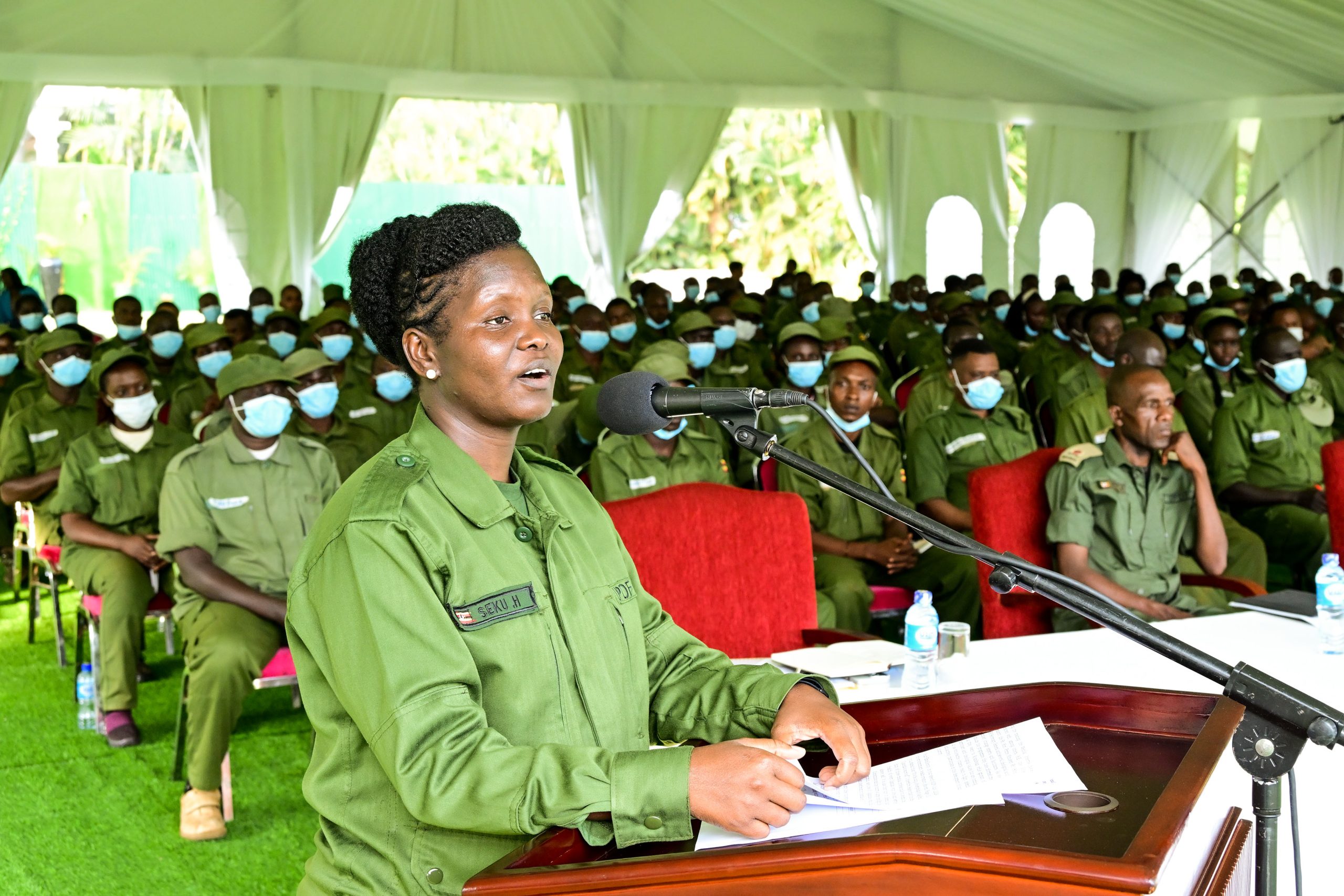
Commissioner Hellen Seku, the energetic head of the Patriotism Secretariat, thanked Museveni for his support and encouraged the interns to use their newfound knowledge to not only treat the sick but also to “treat” ideologically disoriented Ugandans. After all, what better way to serve the nation than by aligning hearts and minds with the government’s vision?
In the end, Museveni’s message was clear: the government may not have the money to support medical interns, but that’s no reason for them to give up. Whether by joining the UPDF, opening private clinics, or finding alternative sponsors, these young doctors are expected to find their way—just as Museveni’s generation did in the 1960s, when they took on the old political order and forged a new path for Uganda. Whether or not they succeed remains to be seen, but one thing is certain: they’ll have to do it without much help from the government.
Who Pays for Medical Internships?
| Sponsor Type | Initial Sponsorship Role | Proposed Role in Internship Funding |
|---|---|---|
| Government | Tuition (through loans or grants) | Continue funding through internship |
| Loan Schemes | Covered tuition costs | Extend to internship period |
| Parents/Guardians | Provided financial support | Maintain support through internship |
| Private Sponsors | Financial aid through medical school | Continue support during internship |


